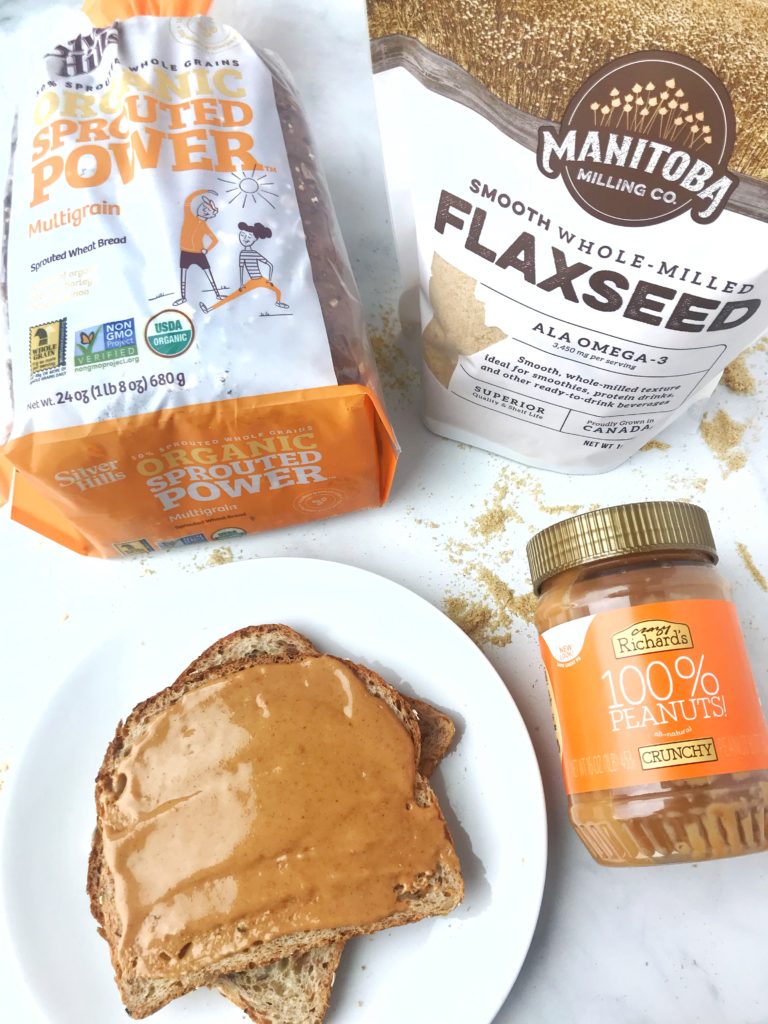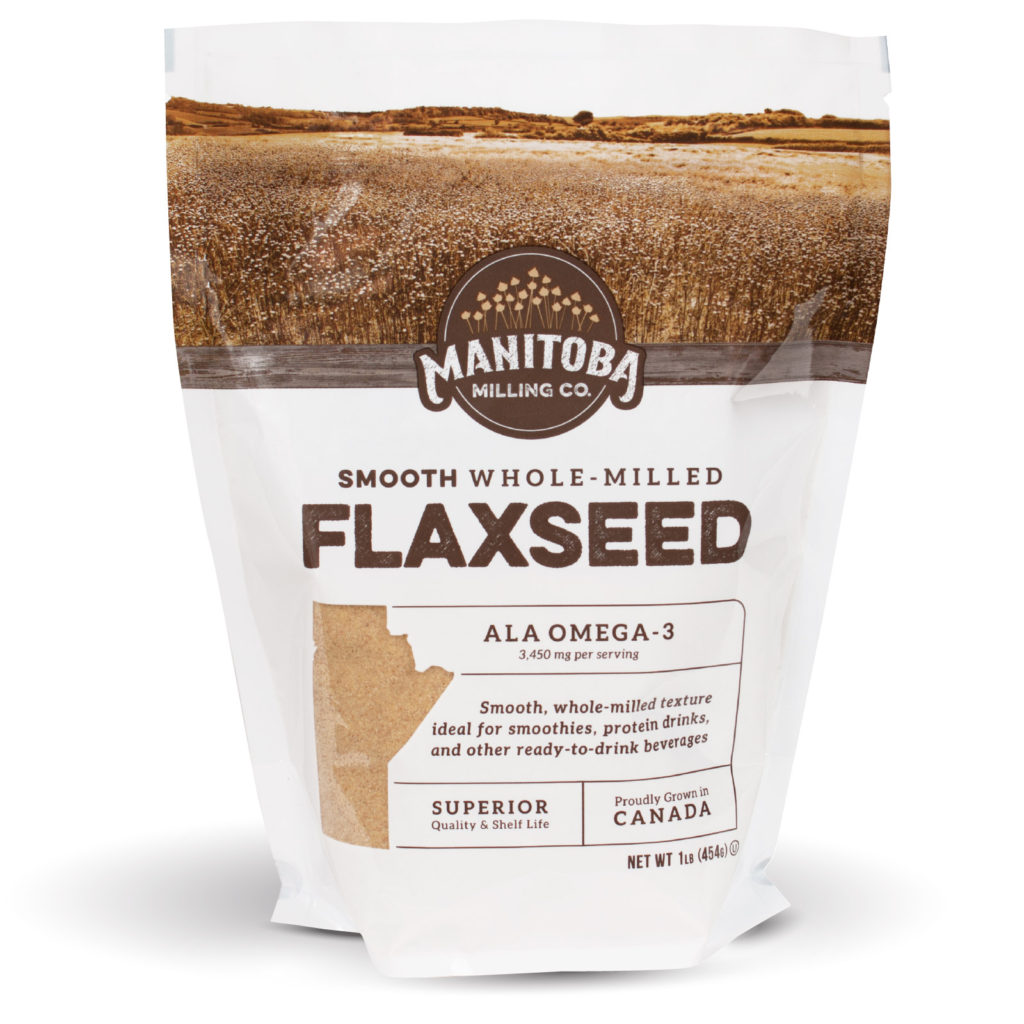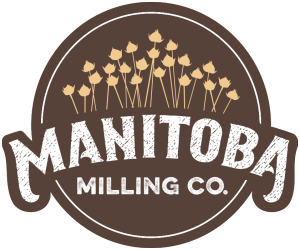Nutrients to Consider on a Plant-Based Diet
If you’ve considered trying a plant-based diet, it’s important to learn about which nutrients are harder to come by, and which ones you may need to supplement.
While there might be a little bit more planning involved, it is possible to find many of the same nutrients in plant-based options that you would in a standard omnivore diet.
Read on for more information on how to build a balanced eating pattern focused solely on plants.
Protein
Protein is the key macronutrient responsible for muscle growth and maintenance, which also acts as a chemical messenger in your body between cells, muscles, and organs.
Contrary to popular belief, protein deficiency is actually very rare as long as calorie needs are being met. The old thinking of needing to pair complementary “incomplete” protein sources at the same meal has since been revised. According to the Academy of Nutrition and Dietetics, protein intake from a variety of plant-foods over the course of an entire day is likely to provide all essential amino acids.
One 15 gram (2 Tbsp) serving of Manitoba Milling Smooth Whole-Milled Flaxseed has 3 grams of protein — an easy way to add some staying power to your morning oatmeal, toast, or smoothie.
Other plant-based sources of protein include soy (soy milk, tofu, tempeh, edamame), beans and legumes, nuts and seeds, whole grains.
Check out this recipe for Flaxseed Peanut Butter for a high-protein breakfast spread to start your day on a high (protein) note!

Iron
Iron synthesizes hemoglobin and myoglobin, which are important oxygen transport proteins. Consequently, a deficiency can lead to anemia, weakness, fatigue, headaches, and problems concentrating.
There are two different forms of iron:
- Heme iron (the type found in animals). Heme iron is highly bioavailable (15%-35%), meaning the body can easily absorb and use this nutrient. Dietary factors have little effect on its absorption.
- Nonheme iron (the type found in plants). Absorption is much lower (2%-20%) and plant compounds like phytate and polyphenols influence how much the body can absorb.
Pro tip: Vitamin C can enhance the absorption of iron if they are consumed in the same meal. Try to pair them together when possible.
Best plant-based food sources of iron: legumes, beans and lentils, seeds, dark leafy greens
Sources of vitamin C: bell peppers, strawberries, citrus fruit, and broccoli
These Quinoa and White Bean Burgers with Pesto are a great way to squeeze in some extra plant-based iron. As a bonus, topping them with pesto and tomatoes as recommended adds some extra vitamin C.

Calcium
We all know calcium is important for bone and skeletal health. Did you know it also plays a vital role in muscle contraction and nerve function? Calcium is most prevalent in dairy products but if you’re following a plant-based diet, there are other options for consuming adequate amounts. Check out our new and improved Flax Milk for a milk alternative that contains 300mg of calcium plus vitamin D, which aids in absorption.
Other plant-based food sources: dark leafy greens, tofu, tahini, almonds
Omega-3s
Omega-3s are integral in the formation of cell membranes. They also play a role in eicosanoid formation. Eicosanoids are signaling molecules that have important functions in the body’s cardiovascular, pulmonary, immune, and endocrine systems.
There are three major types of omega-3s:
- alpha-linolenic acid (ALA) – the type found in plants
- eicosapentaenoic acid (EPA) – found in fish and krill oils
- docosahexaenoic acid (DHA) – found in fish and krill oils
The body can convert ALA Omega-3s into EPA and DHA. However, this is a relatively inefficient process.
However, the Institute of Medicine (IOM) has only defined an Adequate Intake level for ALA, not EPA or DHA. The IOM recommends women consume 1.1 grams and men consume 1.6 grams of ALA Omega-3 per day (learn more here). Just 1 serving (2 Tbsp) of Manitoba Milling Smooth Whole Milled Flaxseed provides 3.45 grams of ALA Omega-3s.
For a direct source of EPA and DHA, try using algal oil. Learn more about Omega-3s and find out if you’re getting enough, here.
Best plant-based food sources of ALA: flaxseed, soybean and canola oils, walnuts, edamame

Iodine
Iodine is an essential component of thyroid hormones. Thyroid hormones regulate many important biochemical reactions in the body.
Most people get iodine through dairy and animal foods, or iodized salt. However, non-iodized salts are becoming more popular both in the kitchen and in processed food products, making it easy to fall short on this important nutrient.
Consuming seaweed products such as nori and kelp is one plant-based option, but the iodine content in these products can vary greatly. If not using iodized salt, it might be smart to supplement.
Important to note: Adequate intake of iodine is especially important throughout pregnancy, as the RDA increases and deficiency can affect growth and development.
Vitamin B12
Vitamin B12 is required for proper red blood cell formation, neurological function, and DNA synthesis. Since it’s only found naturally in animal products, vegans may need to supplement to meet requirements. As always, it’s a good idea to talk to your registered dietitian before starting any new supplement regimens.
If you liked this article, you may also like How to Approach a Plant-Based Diet Without Overwhelm, including tips from nutrition experts.
Sources:
- https://www.eatrightpro.org/-/media/eatrightpro-files/practice/position-and-practice-papers/position-papers/vegetarian-diet.pdf
- https://www.ncbi.nlm.nih.gov/pmc/articles/PMC3999603/
- https://medlineplus.gov/ency/article/000584.htm
- https://ods.od.nih.gov/factsheets/Omega3FattyAcids-HealthProfessional/
- https://ods.od.nih.gov/factsheets/Iodine-HealthProfessional/
